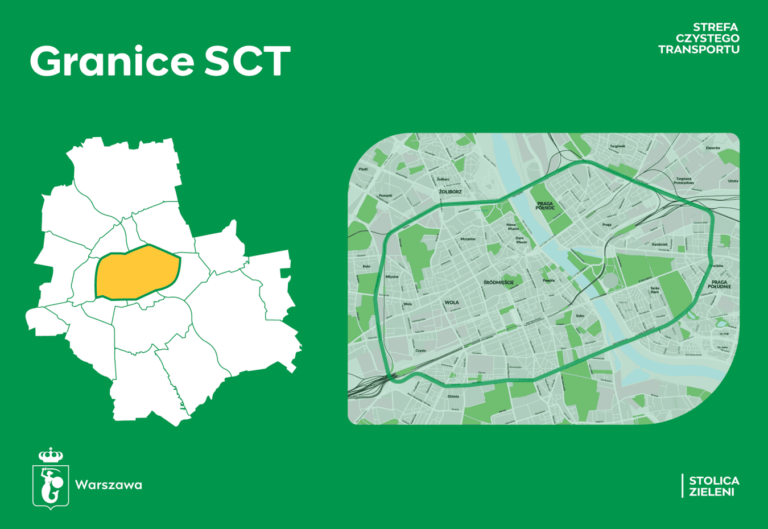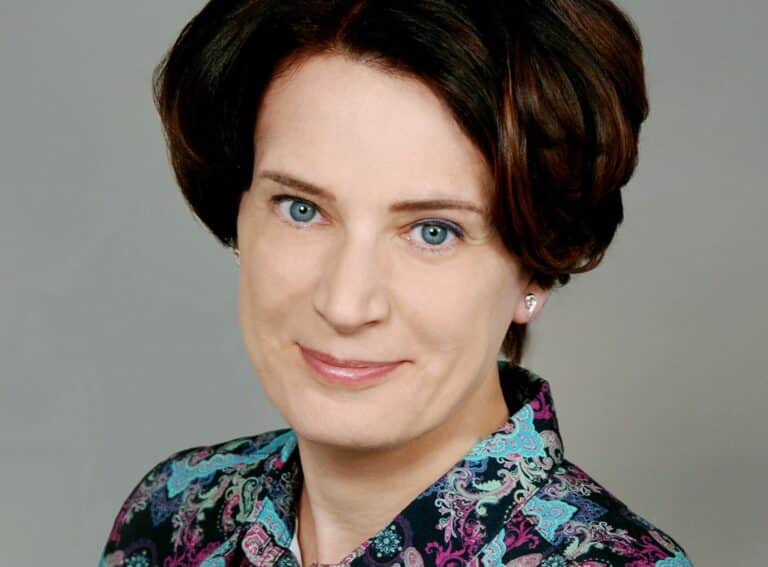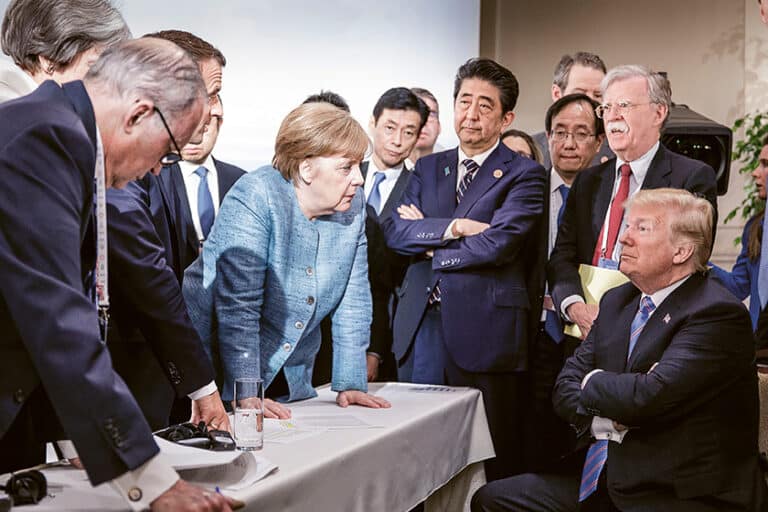Poland’s Presidential Election Race
A mayor, a boxing historian, and a TV host spar for the Polish presidency.
The 2025 race for the Polish presidency is taking shape as all major parties have chosen their candidates. While the Polish President plays second fiddle to the Prime Minister and the position is largely ceremonial, the head of state holds the power to veto parliamentary decisions and plays a leading role in the country’s foreign and defense policies.
If the ruling coalition secures the presidency along with their control of parliament, passing legislation would become significantly easier. Meanwhile, the opposition is determined to retain the influence wielded by a president sympathetic to their aims.
Vying for election next spring to succeed President Andrzej Duda, who will step down after two terms, are the two runners-up from the 2020 race and a host of newcomers.
From the governing coalition, Warsaw Mayor Rafał Trzaskowski of the Civic Coalition (KO), who lost to Duda in the last elections’ second round, will spar against parliamentary speaker Szymon Hołownia. Hołownia is backed by Polska 2050, a party building on his third-place finish in the first round of the 2020 race, and the Polish People’s Party (PSL), with whom Polska 2050 formed a coalition before the 2024 parliamentary elections.
Newcomer Karol Nawrocki, an independent candidate backed by the main opposition Law and Justice Party (PiS), currently heads the Institute of National Remembrance. The Confederation Party candidate Sławomir Mentzen announced his candidacy back in August.
The Leftists, who are partially aligned with the current ruling coalition, have yet to name their candidate. However, Senator Magdalena Biejat, the party’s deputy chair, is the frontrunner. Adam Zandberg of the Together Party, allied with the Leftists but sitting on the opposition benches, is also rumored to be considering a bid.
The main contenders
The leading contenders are Rafał Trzaskowski and Karol Nawrocki, and their selection has already sparked celebration and controversy among their respective camps. Trzaskowski secured his nomination after competing against Foreign Minister Radek Sikorski, winning 75% of the KO text message vote to Sikorski’s 25%. Trzaskowski highlighted his record in managing infrastructure projects that transformed Warsaw during his two terms as mayor, while Sikorski emphasized his experience on the international stage.
A multilingual former MEP and academic, Sikorski is also the husband of renowned Eastern Europe commentator Anne Applebaum. While his credentials in defense and foreign policy seemed compelling—especially amid tensions with Russia—some KO members found him less appealing as a campaigner. Sikorski’s controversial tweets, such as his infamous “Thank you, USA!” post following the 2022 Nord Stream pipeline explosions, raised concerns.
Trzaskowski now leads in early polling. A survey by Opinia 24 for Radio ZET placed him at 62% of the vote, with parliamentary speaker Hołownia as his likely second-round opponent.
Karol Nawrocki’s campaign has only just begun, and he remains a wildcard. Many were surprised that PiS chose an outsider over established figures like former Prime Ministers Beata Szydło and Mateusz Morawiecki or influential ministers such as Mariusz Błaszczak and Przemysław Czarnek. Analysts speculate that Nawrocki’s selection avoids internal divisions among PiS power brokers.
A historian and amateur boxer, Nawrocki gained attention for leading efforts to remove Soviet war memorials in Poland while preserving war graves. His stance resonates with younger voters drawn to his mix of academic and combative qualities.
The field beyond
Szymon Hołownia, a former TV host, faces early challenges. Allegations surfaced that he intended to purchase a master’s degree from a university under investigation for selling degrees without requiring attendance or coursework. Hołownia has admitted enrolling in the course but claimed he dropped out when it didn’t meet his expectations.
Meanwhile, Sławomir Mentzen of the Confederation Party could play a kingmaker role. Mentzen’s libertarian-nationalist platform appeals to young urban males, particularly for its low-tax and anti-immigration stance. His 2023 campaign included a pub tour, and his popularity may force both major sides to court his voters if he doesn’t advance to the second round.
No gloves in sight
The campaign promises to be intense. The Institute of National Remembrance, which Nawrocki leads, holds sensitive files on Polish citizens’ activities during communist and wartime eras. While Nawrocki might not release damaging information himself, history suggests that others might exploit the archives to tarnish rivals.
With the presidential hustings underway, it’s clear that this race will be hard-fought, with no punches pulled.







